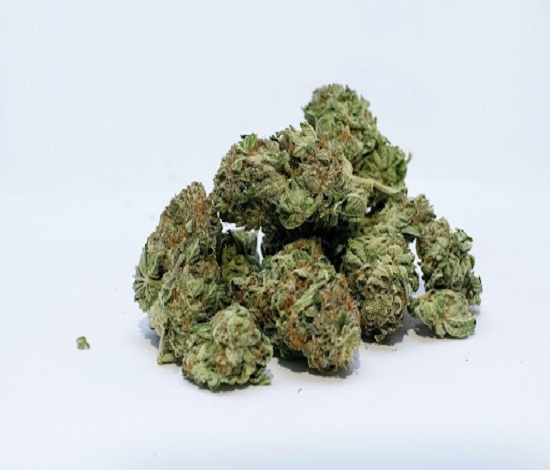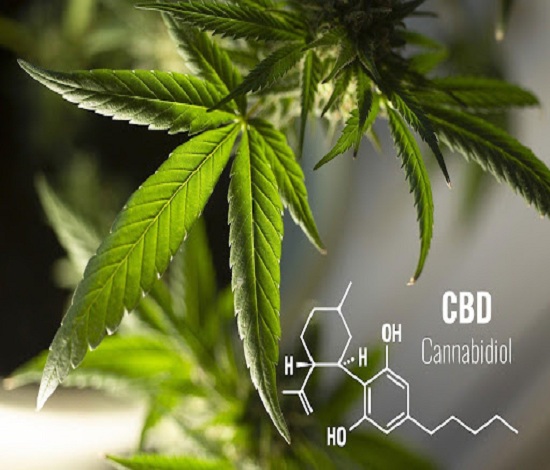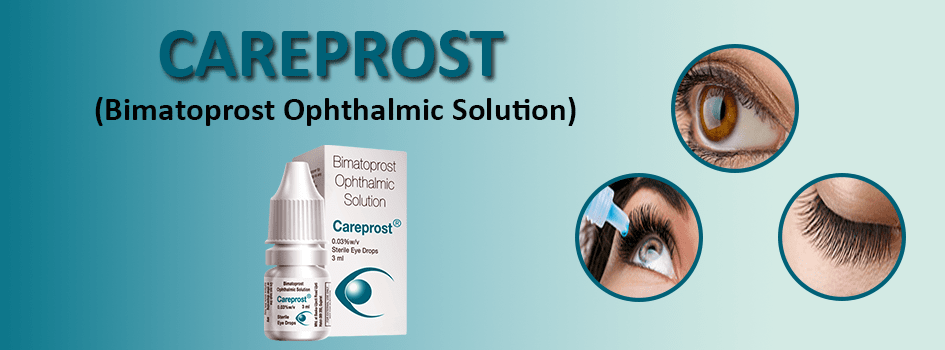Drug and Alcohol use disorders, like marijuana addiction, are situations in which stimuli, sensitivity to tension, fear, and poor impulse control enhance the chance of recurrence. While the number of individuals suffering from drug dependence in the United States increases over time, innovative and comprehensive therapeutic procedures and medications like Delicious CBD gummies are in greater demand.
Legalizing marijuana and cannabis for medicinal purposes has sparked a heated discussion. While we record practical therapeutic applications of marijuana and its compounds, there are still worries regarding its temporary or long negative impacts, such as involvement in drug addiction and mental issues.
What is CBD?
A cannabinoid is a component of cannabis non-psychotic and non-compulsive in its original state, making it a promising contender for usage as a medicinal medicine. According to past analysis, cannabidiol contains anti-irritant and anodynic properties and may help reduce symptoms in patients with bipolar disorder. Specialists are now concentrating their work on determining if you can use it to decrease urges linked with drug misuse.
How Does CBD Work?
The actual pathophysiology of CBD is still unknown, despite substantial study in this field. We guess it blocks the endocannabinoids, which contain transmitters across the cerebrum and nervous system by binding to neurotransmitters in the brain. The endocannabinoids help regulate emotion, hunger, cognition, central nervous system effects, and many other processes. Cannabidiol affects sympathetic activity and infection through binding with dopamine and nucleotide transmitters. CBD, contrary to marijuana, does not bind to CB1 and CB2 Neurons within the nervous system, which indicates that while the C-drug functions like cannabis, it does not provide the identical “rush” that drug usage produces.
What is Marijuana Addiction?
Marijuana, like most other narcotics, may lead to substance abuse, which is technically known as “cannabis use disorders.” When individuals get hooked to marijuana, they require more of it to achieve specific results. Once attached, an individual may experience the following symptoms:
- A massive urge or impulse for using marijuana.
- Behaving irresponsibly.
- Prioritize marijuana acquisition over other pursuits.
- Increase the amount of money and other resources they invest in the addiction.
- Isolate yourself from relatives and friends.
- Inability to reduce or manage use.
- When you stop using it, you may have withdrawal effects.
CBD use in Marijuana Treatment?
CBD has lately got a fair amount of coverage because of its ability to cure marijuana and alcoholism addiction. The studies have concentrated on CBD’s pharmacological growth in its utility in preventing marijuana recurrence. We know it to be beneficial in lowering stress and frustration associated with marijuana stimuli and moderating anti-tranquilizing effects, making it a good option for marijuana usage recurrence precautionary substance.
CBD also affects the neural pathways essential for marijuana yearning and seeking exploits activated by opioid-associated environment and anxiety. The repercussions of this substance for the establishment of innovative therapies for substance abuse treatment have gained the attention of the academic researchers trying to investigate medicinal remedies for substance abuse and recurrence, bearing in mind its biological and neurological effects, as well as its influence on the neurotransmitter systems that control drug cravings.
According to Research and Studies

Investigational research on CBD as a therapy for narcotics consciousness in animals has yielded mixed results. Research in rats found no decrease in narcotics consciousness following CBD therapy, whereas the other study in rodents found a reduction in marijuana usage after the treatment. Gonzales-Cuevas and coworkers looked into the effects of the drug on narcotic desire, hyperactivity, and stress in animals. Rats suffering from lost consciousness due to alcohol and marijuana were given the medication for seven days at 24 hours throughout the research.
The findings of this research indicate two main components of CBD’s possibilities. Firstly, it decreased recurrence symptoms like susceptibility to the opioid environment, aggravation, poor emotional stability, and depression. It suggests that the substance may have the capability to change susceptibility conditions in mice that encourage recurrence. Secondly, despite the brief duration of the medication, CBD had a long-lasting impact on the mice. The disparity among these animal experiments, which might be due to variances in technique, highlights the need for more exploration into this contentious field of study.
The latest evidence found by Yasmin Hurd and reported in the U.s Journal of Medicine confirms CBD’s capacity to lessen desires in those addicted to marijuana. The research included 42 males and females who had previously used marijuana and were striving to avoid recurrence. The study’s test subjects were given two films: impartial films depicting natural landscapes and videos depicting substance stimuli intended to elicit marijuana desires. We separated the individuals into three groups: those who received 400mg of CBD, those who received 800mg, and those who received a lower dose. We carried out the procedures for three days in a row. The study was double-blind, which means neither the scientists nor the volunteers knew which category they were in throughout the trial.
Individuals had more desires after watching interlinked marijuana movies than after watching impartial films. Subjects who received cannabidiol as a component of their therapy, on the other hand, showed fewer drug urges after being exposed to marijuana interlinked signals than those who were in the group that did not receive any medication. The impact of CBD on the treatment was evident as early as one hour after treatment and lasted for up to a couple of weeks later. The findings also suggest a decrease in anxiousness and a reduction of pulse rate and adrenaline, the “sympathetic nervous system.”
Bottom Line
However, since these drugs have sadistic tendencies, the existing treatment for marijuana abuse is only helpful for a short period. CBD might be a new technique to combat drug dependency without allowing it to worsen. Nevertheless, facts to back the usage of the drug to cure marijuana dependency are currently inadequate. Rats are used in the pre-clinical tests, while human research is scarce. There seem to be no individual diagnostic tests too far, and it will be necessary to assess the protracted effects of cannabidiol consumption after one week of the experiment. While it appears to be a viable contender for treating drug dependency, additional study is needed to diagnose the marijuana problem effectively.






